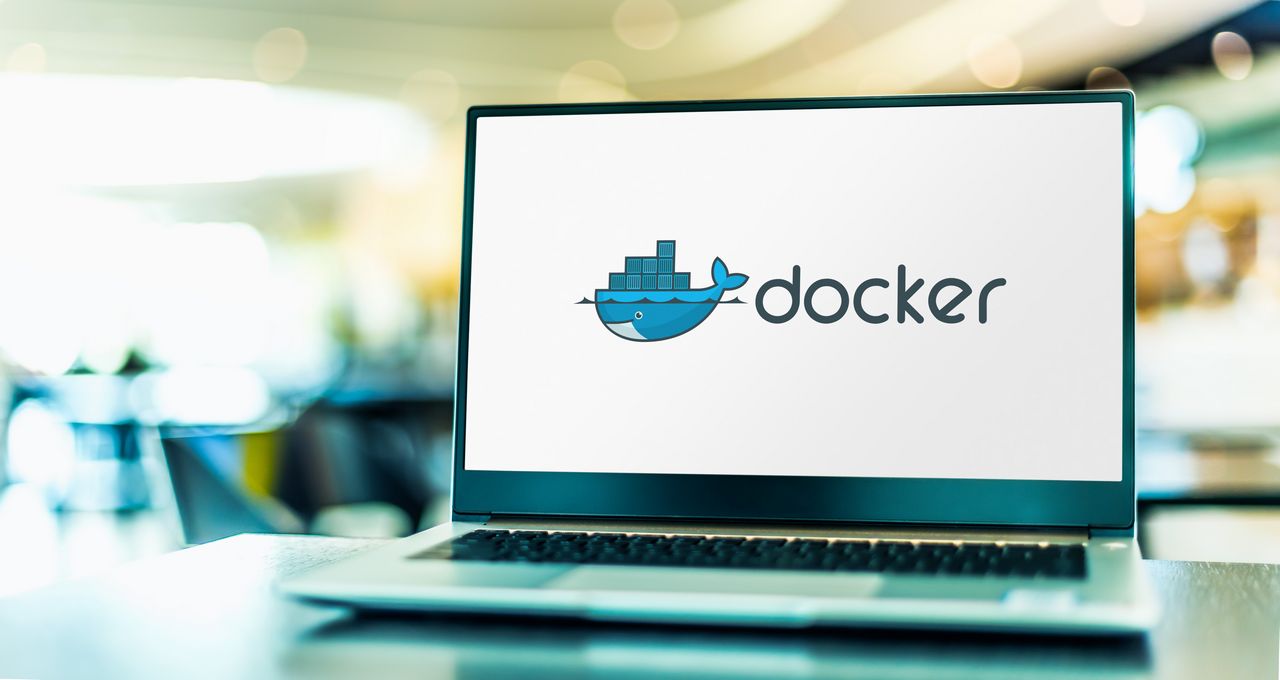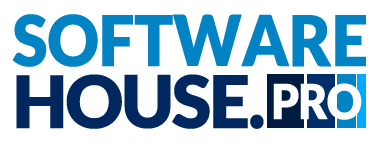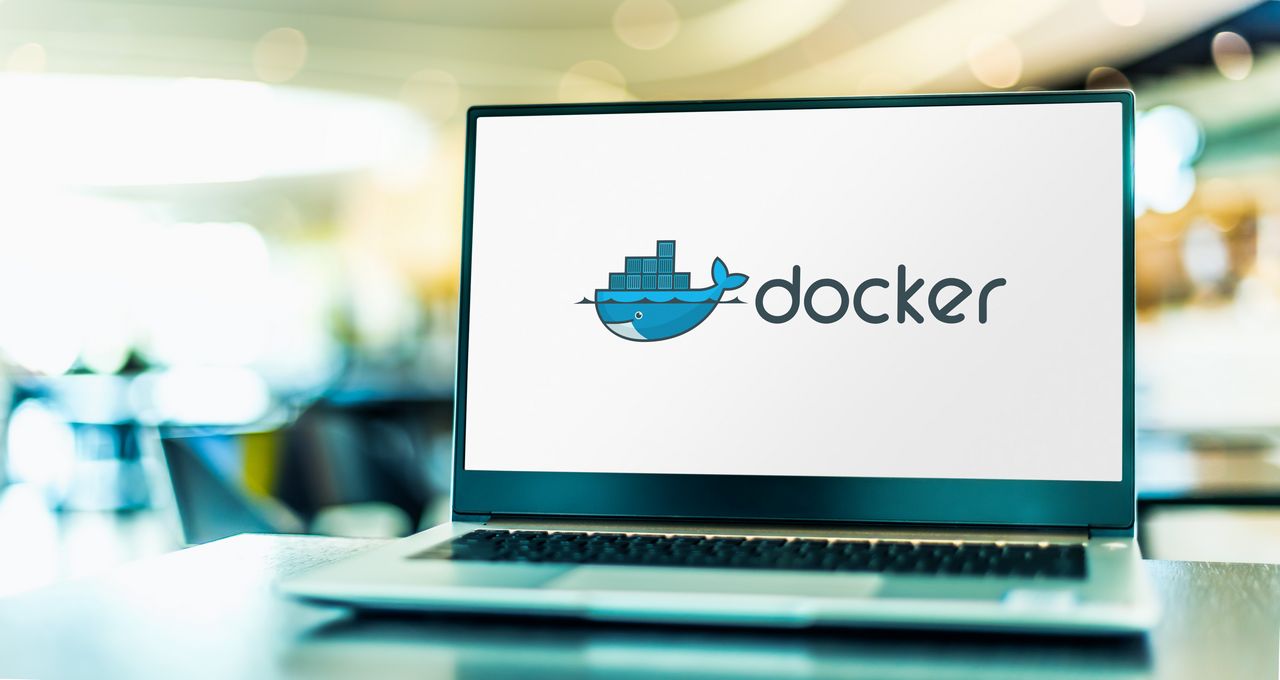Streamlining the Development Environment
One of the primary benefits of using Docker for web development in 2024 is the unprecedented streamlining of the development environment. Docker ensures that applications are isolated and run in a uniform manner across multiple platforms, thus negating the infamous "but it works on my machine" syndrome developers often struggle with. Its ability to package and distribute software in containers has revolutionized the development process, allowing you to run your code wherever Docker engine is available, including Windows, Linux, and MacOS. Furthermore, these containers are lightweight, meaning they share the host system's OS, leading to a significant decrease in the required resources compared to traditional virtual machines. Plus, Docker file system layers promote reusable components, drastically improving the system's efficiency and reducing the time developers spend setting up and managing environments.
Improved Team Collaboration and Productivity
Another advantage that Docker brings to web development in 2024 is improved team collaboration. This innovation allows developers to work in the same environment, regardless of their local host configurations, thereby reducing compatibility issues. Docker is especially beneficial for larger teams where developers work on a variety of platforms and operating systems. Gone are the days where hours are wasted troubleshooting inconsistencies between development and production environments. Furthermore, Docker enables developers to quickly iterate and deploy their applications faster, thus increasing overall productivity. New team members can quickly onboard with Docker, as they only have to run a few commands to set up their development environment, leading to more streamlined and efficient workflows.
Integration with Modern Development Tools and Practices
Lastly, Docker excellently integrates with a wide array of modern development tools and practices, another reason why it remains a leading choice for web development. Docker's seamless integration with resources such as GitHub, Jenkins, and cloud platforms like AWS, Google Cloud, and Azure, simplifies workflow, boosts productivity and reduces the chances of error. Also, Docker fits perfectly with Agile and DevOps methodologies, which have become standard practices in web development. Essentially, Docker affords developers the opportunity to adopt microservices architecture, making applications easier to scale and faster to develop, suiting the needs of modern, rapidly scaling businesses. This also leads to less downtime, as developers can update parts of an application without needing to take the entire application offline.

Cost-Effective and Environment-Friendly Solution
Docker being a container-based platform, offers a much more cost-effective solution than traditional virtual machines (VMs). As the containers share the host system's OS, they consume fewer resources, resulting in reduced infrastructure and maintenance costs. This is crucial in 2024 with the increasing need for sustainable and economic solutions in web development. It also minimizes power consumption and operational costs, making Docker a more environmentally friendly option. Furthermore, the reusability aspect of Docker containers reduces the need for redundant programming tasks, saving precious development time and, in turn, reducing costs. The less space consumed, the fewer data center resources are needed, which leads to a decrease in physical infrastructure, further contributing to a lower carbon footprint. Indeed, Docker not only enhances web development but also delivers these benefits in a cost-efficient and environment-friendly manner.
System Portability and Consistency
Docker's system portability is another key advantage in 2024. The flexibility Docker offers enables developers to package an application and its dependencies into a single unit, which can then be run on any platform without modification. Docker's containers offer a consistent environment at every stage of the application lifecycle—development, testing, and deployment. This consistency avoids the common problem of code functioning differently in different environments, thus reducing stress and increasing productivity. Applications packaged with Docker containers are self-containing, ensuring they will function consistently, regardless of where they are deployed. This feature makes Docker an excellent choice for web development, as it ensures continuous integration and continuous delivery (CI/CD). This greatly simplifies the coordination between software development and operations teams, ensuring a smoother workflow.
Greater Security and Isolation
Security has always been a critical aspect of web development. In 2024, Docker continues to prove beneficial in this regard, as it provides strong isolation for applications. Each Docker container runs in a separate namespace, shielding it from other containers and the broader system. This level of isolation restricts what each application can see and do, increasing overall security. Docker also offers built-in mechanisms to control and monitor applications' access to resources such as networks and disks. Additionally, Docker supports the use of encrypted and signed images, ensuring that only authorized and verified images can be utilized in your applications. The advanced security features offered by Docker not only prevent possible attacks but also provide a safer and more secure environment for web development.

Ease of Deployment and Scaling
With Docker, deploying and scaling applications becomes a breeze. The capability to encapsulate all dependencies and configurations within a Docker image simplifies deployment, reducing the time and effort required. In a world where rapid deployment is key to staying ahead of competitors, the ability to deploy quickly and confidently is priceless. Scaling is equally straightforward. Docker’s inherent support for microservices architecture makes it easy to scale up specific parts of the application independently, enabling efficient use of resources and cater to demand. In 2024, as web applications grow more complex and customer expectations continue to escalate, Docker’s ability to simplify deployment and scaling is a significant advantage. The confluence of these factors facilitates robust scalability, significantly reducing the complexity and risk associated with scaling applications. The ease and confidence with which applications can be deployed and scaled with Docker make it an irreplaceable tool in the modern web development toolbox.
Continuous Application Delivery and Updates
Docker's nature greatly simplifies the process of continuous delivery and updates, which is becoming increasingly essential in 2024's web development industry. Continuous delivery is a methodology where teams produce software in short cycles, ensuring that the software can be reliably released at any time. Docker fits seamlessly into this model. With Docker, each update—whether big or small—can be wrapped in its own container and tested in an environment identical to production. This not only makes deployments more predictable but also enables rapid rollbacks if something goes wrong. This ability to continuously deliver updates not only keeps applications up-to-date but also enables a rapid response to customer feedback and market shifts. This service's streamlining also allows businesses to realize their goals more swiftly, ultimately contributing to the bottom line.
Docker's Role in Test Automation
One of Docker's less talked about but equally powerful benefits is its role in automating testing. Docker makes it easy to setup, isolate, and reproduce identical testing environments, ensuring that bugs can be caught and fixed sooner. Every member of a team can capture and reproduce a bug merely by using the same Docker image. As a result, problems can be identified and resolved more swiftly, avoiding costly delays later in the project. Docker's ability to ease mundane but critical tasks such as setting up test environments frees up more time for development teams to focus on what they do best: crafting superior web applications. Test automation with Docker promises a future where testing is not just necessary but is easy, repeatable, and efficient. With Docker, the future of automated testing in web development looks promising indeed.
| Benefits | Description | Real-Life Application | Future Perspective | Key Features |
|---|---|---|---|---|
| Streamlining the Development Environment | Application isolation running uniformly across platforms. Efficient layering of Docker filesystems. | Eliminates the "works on my machine" syndrome. Reduces resource usage compared to virtual machines. | More efficient and streamlined application development. | Reusable components, runs code on any platform with Docker engine. |
| Improved Team Collaboration and Productivity | Consistent work environment regardless of host configurations. | Reduced compatibility issues for larger teams, faster application deployment. | Increased productivity and collaboration among developers. | Fewer inconsistencies between development and production environments. |
| Integration with Modern Development Tools and Practices | Seamless integration with resources such as GitHub, Jenkins, and cloud platforms. | Simplified workflow, boosted productivity, and reduced errors. | Easier to scale applications and faster development. | Adopts microservices architecture, less downtime with part updates. |
| Cost-Effective and Environment-Friendly Solution | Consumes fewer resources leading to reduced infrastructure and maintenance costs. | Minimizes power consumption and operational costs. | Lower carbon footprint, more economical and sustainable solution. | Reduced need for redundant programming tasks, lesser space consumed. |
| System Portability and Consistency | Applications and dependencies packaged into a single unit. | Function consistently regardless of deployment location. | Ensures continuous integration and continuous delivery (CI/CD). | Packaged applications are self-containing, function in a consistent environment. |
Scalability and Agility
A key feature of Docker that continues to make it a relevant tool for web development in 2024 is its scalability and agility. Docker breaks down applications into individual components (microservices) that can be scaled independently. This not only makes the application more resilient but also improves performance, as underutilized services can be shut down, and resources can be redirected where they are needed the most. Docker allows for rapid deployment of new instances in response to sudden demand spikes, thereby providing high levels of accessibility and availability. Thanks to the Docker, developers do not have to worry about the underlying infrastructure's ability to handle the increased load, as Docker automatically scales your application to meet demand. Moreover, Docker's microservices architecture also promotes agility in the development process, where developers can update or add new features to an application without disrupting the entire system, promoting continuous improvement and innovation.
Test Environment Uniformity
In web development, it is essential to ensure that the testing environment is identical to the production environment. This has been a complex issue for developers for a long time, but Docker is resolving it. By creating a containerized version of the application, Docker ensures the test and production environments are identical, which eliminates inconsistencies and discrepancies. This feature significantly reduces the time spent debugging, leading to faster development cycles and improved productivity. Docker's uniformity also results in higher software quality, as bugs are easier to catch and fix in the early stages of development. With Docker, developers can "build once, run anywhere," ensuring a smooth transition from development to production. This brings greater efficiency and consistency to the development process, making Docker an indispensable tool for web development.
Reduced Complexity and Enhanced Maintainability
Another remarkable benefit of Docker is its ability to reduce complexity and enhance maintainability, thus aiding the web development process. By deploying applications in containers, Docker ensures that each application and its dependencies are isolated. This results in decoupling between the application and the infrastructure, making the system less complex and easier to manage. Due to this isolated nature, any changes made to the infrastructure or the application do not affect other parts of the system. Additionally, the use of Docker containers makes it easier to identify issues, as they are self-contained. This helps speed up the troubleshooting process. The maintainability of systems powered by Docker is high, as updates and patches can be efficiently rolled out across all containers. This reduces the overhead associated with keeping systems up-to-date and further bolsters Docker as a great choice for web development.







